Adult Trauma Therapy in Ottawa
Ottawa Centre for Resilience (OCFR) provides trauma-informed therapy for adults in Ottawa, Ontario. We work with individuals impacted by single-incident trauma, complex trauma, and longstanding patterns related to early adversity, relationships, or chronic stress. Our approach is trauma-informed, evidence-based, and informed by attachment and neurodevelopmental understanding.
We can help with:
- Single-incident trauma and post-traumatic stress
- Complex trauma and developmental trauma histories
- Relationship-based trauma and attachment patterns
- Anxiety, emotional dysregulation, dissociation and shutdown
- Trauma related to caregiving, work, or systemic stress
- Difficulties with trust, boundaries, or sense of self
Therapy is shaped by each person’s experiences, relationships, and the context of their life now.
How trauma therapy is approached at OCFR:
Our team provides evidence based trauma therapy for adults, informed by an understanding of how the brain and nervous system respond to threat, stress, and recovery. Treatment is collaborative and paced, with attention to safety, stabilization, and the gradual processing of traumatic experiences.
We are guided by a phase-based model of trauma treatment, in which clients are supported through three overlapping phases: stabilization; trauma processing (including remembrance and mourning); and reconnection.
Depending on individual needs, clinicians may draw from a range of evidence-based approaches, including:
- Brainspotting (BSP)
- Dialectical Behavior Therapy (DBT)
- Cognitive Processing Therapy (CPT)
- Emotion Focused Therapy for Complex Trauma (EFTT)
- Eye Movement Desensitization and Reprocessing (EMDR)
- Safe and Sound Protocol (SSP)
- Somatic Experiencing (SE)
- Structural Dissociation Model
- Trauma-Informed Stabilization Treatment (TIST)
